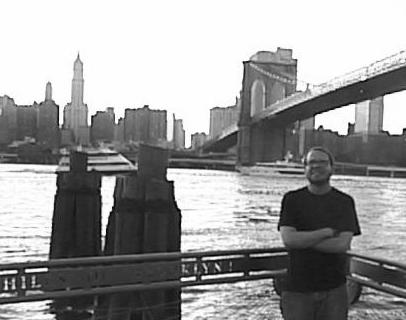friedman Fades Away

Friday evening on NBC’s Nightly News, Brian Williams reported on the loss of the University of Michigan’s former football coach, Bo Schendechler. This story was on the eve of one of the great college football match-ups, Michigan vs. Ohio State, or as I like to think of it, a weasly looking dog against a prickly thing that falls out of trees.
Meanwhile, one of America’s greatest economists died this past Thursday with hardly a mention. Milton Friedman died this past Thursday with hardly a mention, if not for Public television. Frieman was part of the influencial Chicago School of Economics, and probably one of the greatest minds to stroll through Hyde Park on the Southside of Chicago, next to probably that of prominent American philosopher Allan Bloom who died in 1992.
Friedman was most known for his applied economic theories that helped fuel the free market explosion during the 1950s and 1960s. He was awarded the Nobel Prize for Economics in 1976, one of his great achieements that gained him respect throughout the globe. In many ways, he was one of the authors of the modern free market society that helped pave the way toward Globalization.
In addition to his influence on macro economics, Friedman was, along with former fed. Chairman Alan Greenspan, a follower of Ayn Rand, a popular fiction writer who developed a school of philosophical thought that pegged hard line capitalism with human liberty and freedom.
I would like to see a pole on Sunday of how many Americans knew who won today’s Michigan vs. Ohio State game and compare that with how many Americans actually knew who Milton friedman was.

